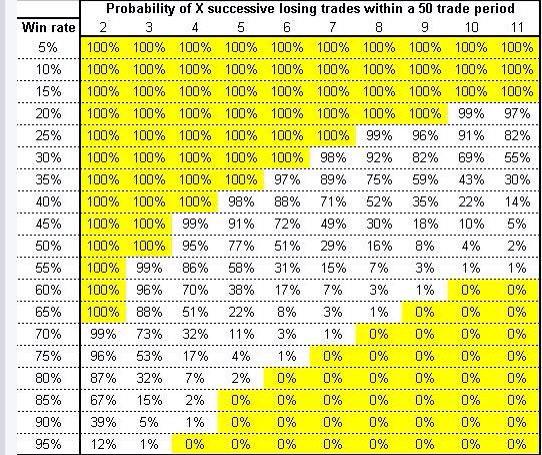Goodbye, yellow brick road! (Doug Kass)
Could we have less talk about gloom and about doom in 2010? (Money)
Most people stink at market timing. Investors pull money out of stock funds (MarketWatch)
The Housing Crisis and Wall Street Shame (Robert Reich)
Are we coming out of recession? (Market Talk)
Get ready for half a recovery (New York Times)
I’m always suspicious about the market [but that doesn’t mean I don’t find opportunities] (Jutia)
Dangers of an overheated China (New York Times)
Brazil GDP to Grow 6.1% in 2010 (Bloomberg)
15 european banks now have assets larger than their domestic economies (Fund My Mutual Fund)
Correlation between the world’s tallest buildings and economic downturns (AlphaDinar)
Need a reminder? (Memorari)
RIP Mark Pittman (Bloomberg)
Life of a blogger (Slope Of Hope)



 China is still a poor country. Notwithstanding the complexities of measurement, income per head, according to the World Bank, is roughly $3,000, a little less than Jordan and Tunisia.
China is still a poor country. Notwithstanding the complexities of measurement, income per head, according to the World Bank, is roughly $3,000, a little less than Jordan and Tunisia. 



